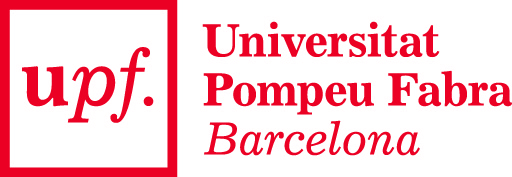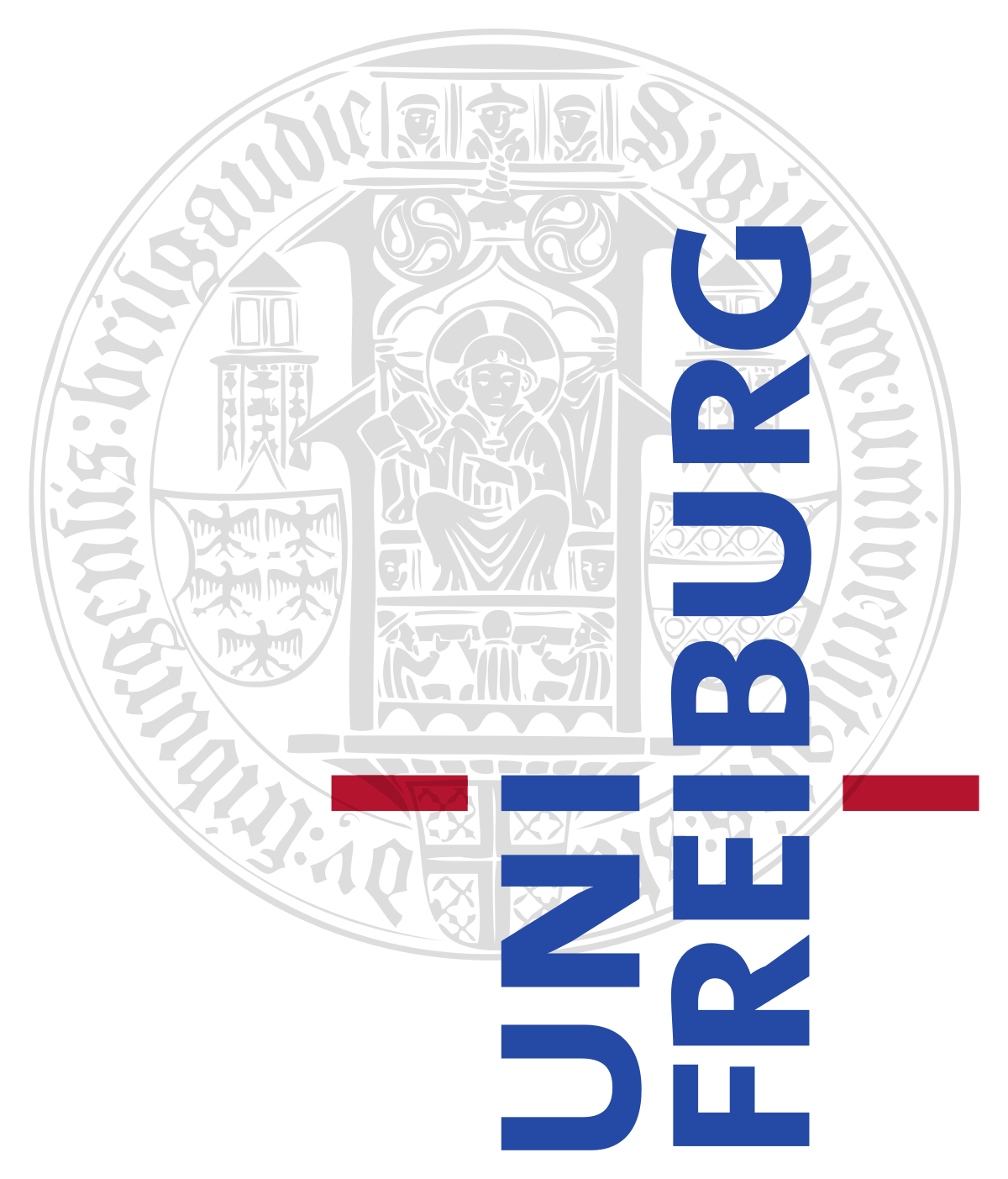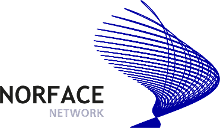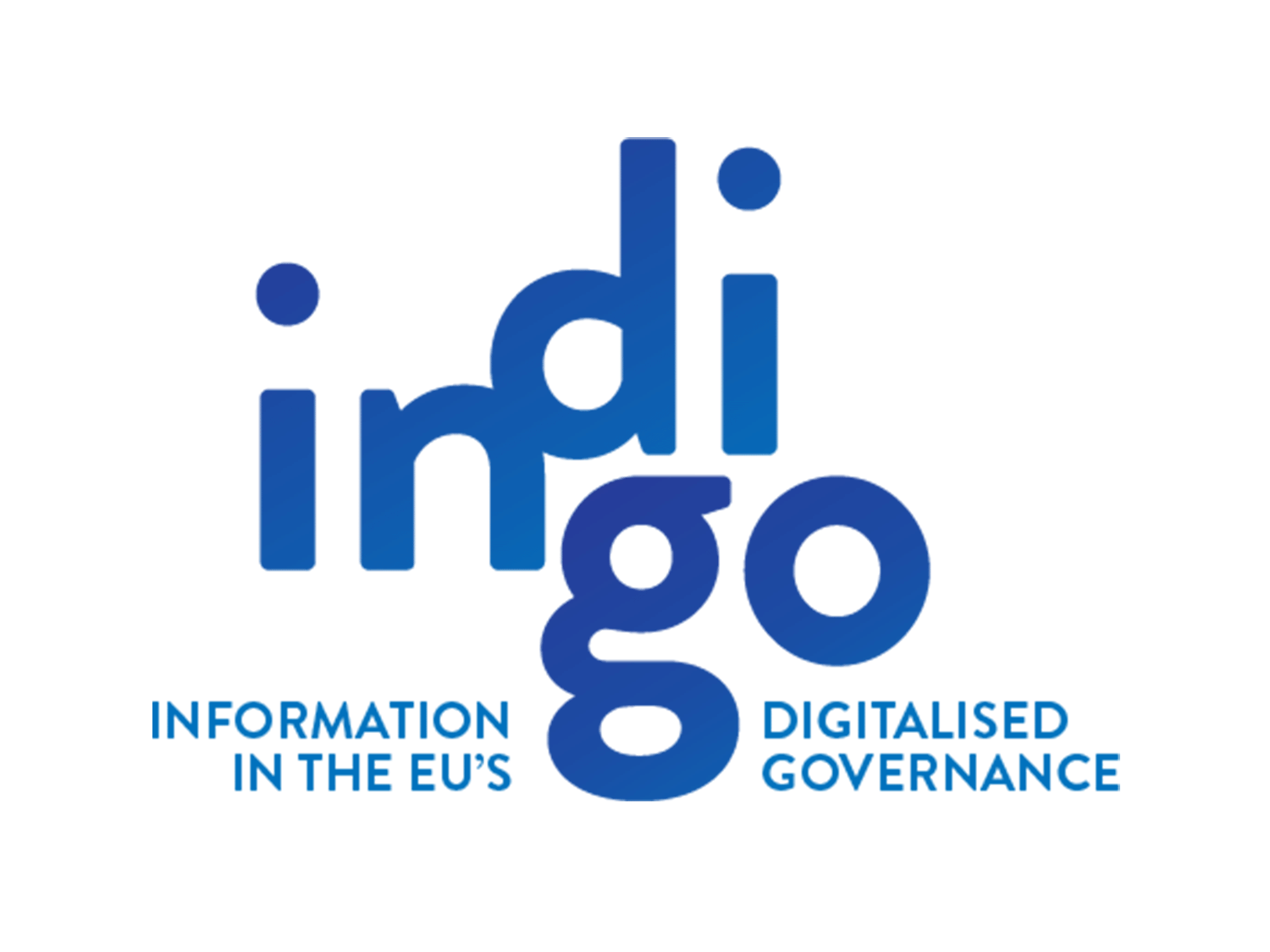INDIGO Final Conference
New developments of automation are being developed and deployed in diverse policy areas. The conference asks how to ensure the possibilities of maintaining the rule of law in an era of new technological possibilities and asks: How can EU public law be developed to ensure a framework and developing the criteria for the exercise of public powers under conditions of advancing automation of decision-making?
This is the closing conference of the project INformation in the EU’s DIgitalised GOvernance (INDIGO). It is looking on what has been learnt, brings together policy proposals and seeks to further the debate on the project’s main questions for the future.
Programme
Thursday, 14 September 2023
-
09.00 – 09.15
Welcome
-
09.15 – 09.30
Introduction
Session 1: The Background – Law and Technology
-
09.30 – 11.10
Accountability, Rule of Law and Automation of Decision-Making in European Union Public Law
Chair: Prof. Päivi Leino-Sandberg, University of Helsinki
Discussants:
- “Roles and rules for AI in the application and enforcement of EU law“, Paul Nemitz, European Commission
- “The legal framework for automation of decision making in EU public law”, Prof. Herwig Hofmann, University of Luxembourg
- “The right to be heard as a milestone in an automated decision-making era”, Isabella Alberti, Department of law, UNITO, Turin (TO), Italy
- “Access to effective remedies against automated decision-making”, Dr. Simona Demková, Assistant Professor, Europa Institute of Leiden Law School
-
11.10 – 11.30
Coffee break
-
11.30 – 13.10
Interoperability as legal and practical concept – raising data availability and data quality whilst protection of personal data?
Discussants:
- “The AI Act and the processing of data: a step forward?”, Kai Zenner, Büro Axel Vos, Reporter MEP AI Act
- “Collaborative Governance Structures for Interoperability in the EU’s new data acts”, Prof. Jens-Peter Schneider, Franka Enderlein and Johannes Erny, University of Freiburg
- “The EU’s New Interoperability Policy and Regulation: Challenges and Opportunities for the European Digital Single Market”, Dr. Felix Pflücke
- “Access to sets of big data necessary for automated decision-making”, Rok Dacar, University of Maribor, Slovenia
-
13.10 – 14.10
Lunch break
Session 2: Development of ADM in policy fields and the EU’s new data acts
-
14.10 – 15.10
Chair: Prof. Deirdre Curtin, European University Institute
Markets, services and the new data acts
Discussant: “Collaborative Governance of the EU Digital Single Market”, Prof. Jens-Peter Schneider, Kester Siegrist and Simon Oles, University of FreiburgPolitical advertising and the new data acts
Discussant: “Regulating automated and targeted political advertising in EU law”, Prof. Päivi Leino-Sandberg, Miikka Hiltunen, University of Helsinki -
15.10 – 15.30
Break
-
15.30 – 17.00
Automation in borders and immigration – experiences and lessons
Chair: Tamara Capeta, Advocate-General, Court of Justice
Discussants:
- “Regulating AI in the Area of Freedom”, Prof. Franziska Boehm, Karlsruhe Institute of Technology, Dr. Paulina Jo Pesch, Karlsruhe Institute of Technology
- “Externalising Human Rights at EU Borders Through the use of Modern Tech”, Prof. Iris Goldner Lang, University of Zagreb – Faculty of Law
- “Setting up EU information systems: Business process modelling and legal requirements. The case of EU customs information systems”, Dr. François Lafarge, INSP
Friday, 15 September 2023
Session 4 : Types of AI and the Human-Machine Relations
-
09.00 – 10.00
Automation of decision making and the development of types of AI
Chair: Dr. Rèka Markovich, University of Luxembourg
Discussants:
- “Automated Decision-making in the EU Administration, the Interplay Between Lawfulness and Explainability”, Dr. Davide Liga, University of Luxembourg
- “Between Humans and Machines: Judicial Interpretation of the Automated Decision-Making Practices in the EU”, Dr. Elif Biber, University of Luxembourg
-
10.00 – 10.30
Coffee break
Session 5 : What Europe´s public law needs – the new digital rulebooks and public law
-
10.30 – 12.00
Good administration, the new digital rulebooks and a new administrative procedure law?
Chair: Prof. Jacques Ziller
Discussants:
- “The impact of the AI Act on public authorities and on administrative procedures”, Prof. Oriol Mir, Universitat Pompeu Fabra,
- “ICT in general and AI in particular in the specific context of administrative procedure”, Prof. Diana-Urania Galetta, University of Milan
- “Good Administration & Digitalisation – A View from the European Ombudsman”, Dr. Michal Krajewski, European Ombudsman
- “European Data Strategy – opportunities for the public sector”, Katja Vaahtera, European Commission, Luxembourg
-
12.00 – 12.30
Closing words & light lunch
-
12.30 – 13.30
INDIGO consortium meeting
Future research – discussion about needs
In partnership with






This project has received funding from the European Union’s Horizon 2020 research and innovation programme under grand agreement No 822166.
